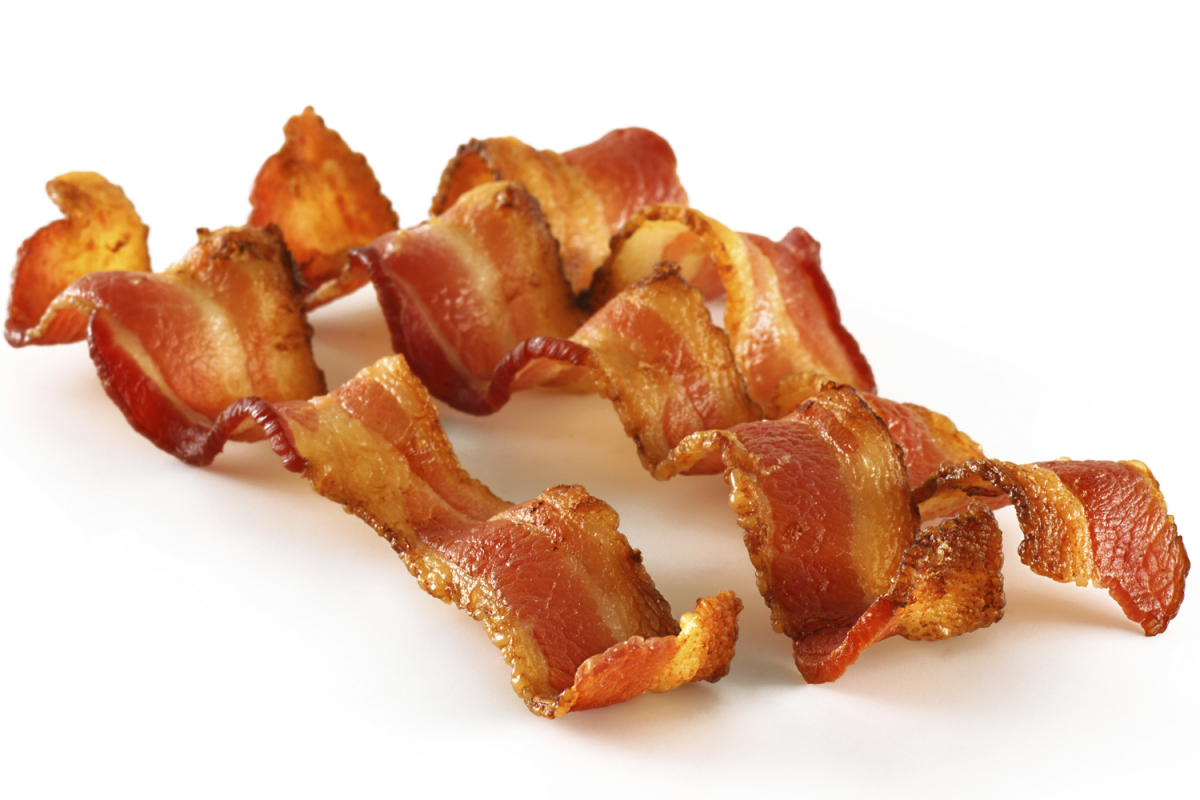MISTAKE #75: You can’t appeal to the masses without appealing to the masses
Do you have ambitions to be recognized as one of the hot products of the year? Do you think your product has the potential to be a breakout star?
I don’t know if you can, but I hope you’re right.
What I do know is that the products that get recognized in this way almost always have put massive effort and massive budgets into driving that success with broad awareness and interest.
Even products that seem to get the good fortune of being picked as one of Oprah’s Favorite Things typically didn’t have it happen as a freak accident. Many of the products had very deliberate effort they put into getting noticed.
MASS APPEAL COMES THROUGH BEING MASSIVELY APPEALING
I’ve worked with a variety of companies that prematurely try to take products that have niche appeal and beg the masses to start buying.
They plan to fund it with a tiny budget. And they assume the barriers to switching shoppers from the products they currently buy are far lower than they really are.
They also tend to assume every one of those new buyers will be as valuable as current buyers who are more likely to value and be more willing to pay for the niche value proposition.
Appealing to the masses is possible, and I’m no one to discourage a niche product from pursuing growing sales through broader appeal. However, there are at least six tensions that need to be acknowledged and addressed as this path is pursued:
There is more noise when communicating to the masses: Mass marketing is a different beast compared to niche marketing. These shoppers will likely be less involved and care less about your category and your product. They are different compared to the niche people you’ve already attracted that were already highly engaged or interested in what you had to offer. These new shoppers are less likely to be looking for your message or wanting to change their current category purchase habits.
The masses will likely take more time and effort to convince to buy: The masses will most likely have less of a perceived unmet need. They are less likely to be feeling a pain point or urgency to respond to your message. It will take repeated exposure and convincing before the first purchase is made.
The masses will buy at a slower rate than core buyers: The lower involvement of the average category buyer tends to result in longer purchase cycles or lower overall consumption. Even if your product retains the same level of loyalty among new buyers (which is also unlikely), expect the purchase rate to slow down among the masses.
Diluting the customer base can alienate existing core buyers: I frequently use Apple as an example in articles because I’m a fanboy. More accurately, I used to be a fanboy, but I now cringe every time I go to a local coffee shop and see the glow of white Apple logos on MacBooks connected to white ear pods. I don’t think Apple’s popularity has in any way compromised their products, but I sure don’t feel special or cool or different the way I used to. My relationship with Apple and the emotional loyalty I used to have has significantly changed. I remain loyal to Apple because I love the user experience, but I no longer view Apple as a special part of my personal branding.
A broad appeal requires becoming more of a generalist: Niche products can focus on singular equities and survive just fine. In fact, niche products can actually compromise some aspects in pursuit of remaining true to others. Think how many natural cleaning products aren’t that great at cleaning, but you can pronounce every ingredient. As these products seek to gain mass-market acceptance, they will find fewer people willing to make the same tradeoffs early adopters were willing to make. That natural cleaning product might need to actually get better at cleaning and might even have to add a compound to the ingredients that make it a small step away from all-natural in pursuit of increasing efficacy. Or it might need to embrace more mainstream packaging that muffles the extreme views or values of the founder.
Becoming a generalist makes you more susceptible to niche products: As that natural cleaning product evolves in its effort to appeal to the masses, another niche all-natural cleaning product will surface and potentially start siphoning off the hardest-core granolas buyers that had previously been loyal to the niche. The more a product seeks popularity, the less it becomes viewed as the one-of-a-kind product designed to perfectly meet the needs of specific buyer sub-segments.
GROW SMART
The capitalist nature of America means most companies are more likely to measure success based on maintaining a healthy rate of sales growth, and not based on the satisfaction and loyalty they can achieve by serving the needs of a static segment of buyers.
As you presumably fall into the trap of pursuing this strategy, make sure you’ve done enough homework to know what you’re getting into.
If you’re a little more than hesitant about the risks and possible consequences of appealing to the masses, let us help with your due diligence. We can get you ready to grow smart by identifying how to preserve your core buyers while attracting the right new ones.

